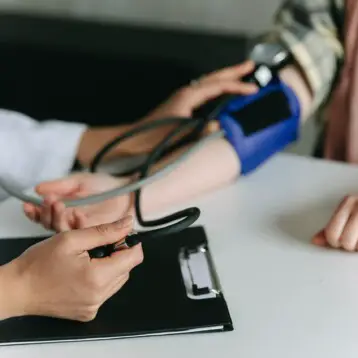The biochip, sized 2mm x 4mm x 0.5mm, is a dual sensing element coated with hydrogels to prevent it from being rejected by human tissue. The sensor has the ability to transmit life saving readings to the medical personnel. The implantation of the chip will only be temporary, although long term biochip implants are also being tested and may be used as a precaution in some cases.
Blood glucose and lactate levels are very important for medical staff in the first stages of dealing with a trauma patient. These measurements can imply what the oxygen level in the patients’ blood is and can indicate the overall metabolic state of the patient. The blood lactate level is sometimes used to determine whether or not a trauma patient can survive surgery. Getting these measurements in real time can help the medics in a hospital or out in the field make decisions much faster and by doing so will help save lives.
The chip has undergone some tests and the developers assume it will be tested on humans within five years. Although the main use of the biochip is aiding with trauma injuries, it may be useful in diabetes care, transplant organ care and intensive care. After the sensor will be clinically approved it will be easier to develop similar sensors to measure levels of other molecules’ in the blood.
TFOT recently reported about other biochips, including the nanocytometer and the “lab on a chip”. The main difference between these technologies is that this biochip is implanted in a patient’s body where as the others are used externally to analyze one’s blood samples.
More information on the implantable biochip can be found on the Clemson website.









